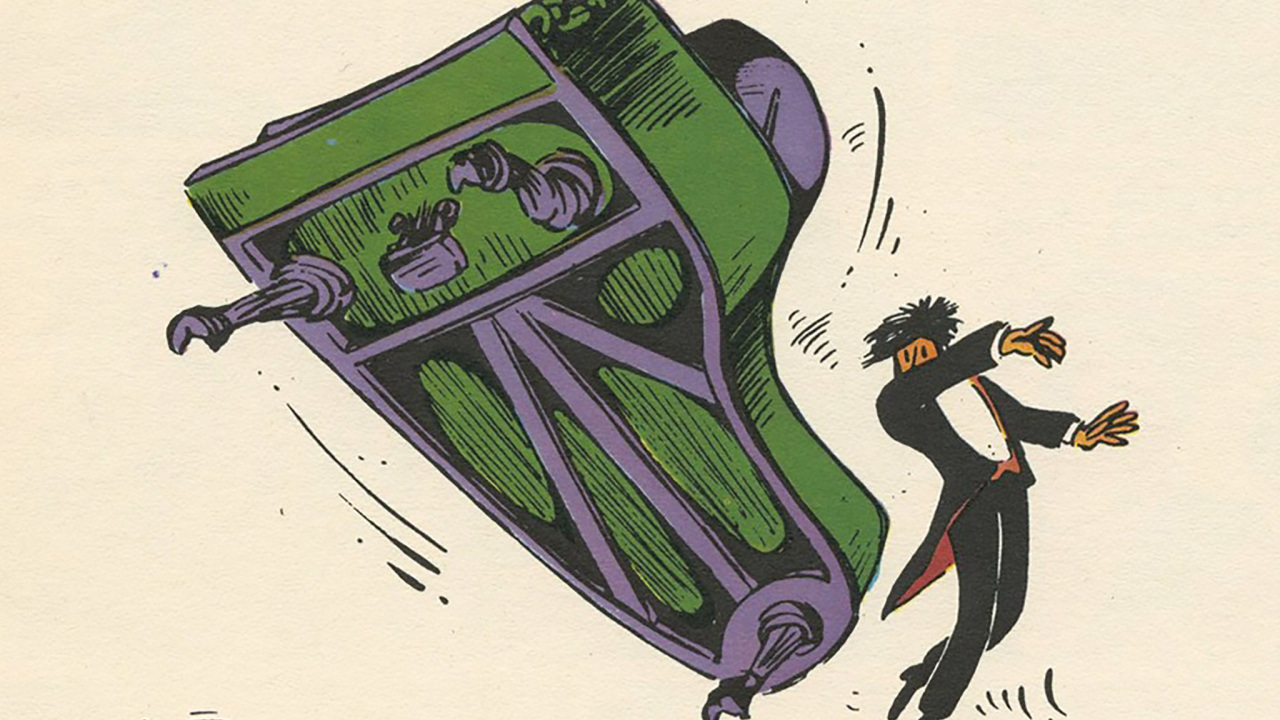Tony Banks tells the story of how, when Genesis were assembling their 1972 magnum opus Supper’s Ready, Peter Gabriel ruined the climax of what was to his ears a perfectly good organ solo by singing over the closing section of Apocalypse in 9⁄8. Intentionally self-deprecating, the tale illustrates that the trick to being in a successful band is learning when to compromise.
No such accommodations are required on a solo album. Even though these invariably fail to yield the sales enjoyed by the parent group (unless your name happens to be Phil Collins), the allure is easy to understand: liberated from collective restrictions, an artist is suddenly free to pursue their own vision. The material on this four-disc anthology was selected by Banks himself, so it’s possible to hear it as a blueprint for how Genesis might have sounded without the intervention of others.
In the pantheon of 1970s prog keyboardists, Banks always cut a somewhat reticent figure compared to Keith Emerson’s panache or Rick Wakeman’s ringmaster stylings. Whatever he lacked in on-stage chutzpah and presence, Banks more than made up for in his ability to turn out a sublime melody, beautifully crafted cadences and, with later-period Genesis, a gift for poppy concision that allowed them to deliver ideas in three minutes rather than 30. Not that Banks ever entirely retreated from lengthy expositions – the episodic An Island In The Darkness (from 1995’s Strictly Inc) is 17 minutes long, its hymnal bass chords providing the ground for his mellifluous keys and exultant themes. It often sounds like unfinished business from Firth Of Fifth.
Banks has a gift for sublime melodies and poppy concision.
The running order here doesn’t go in strict chronology, which helps distract attention from the glossy brittleness that plagues some of the MIDI-dominated material arising from the keyboard fads and fashions of the day. Also, this method creates variety and an engaging narrative flow, putting the spotlight on Banks’ choices of guest vocalists – Nik Kershaw and Toyah Willcox especially adding welcome lift and colour. And if Fish’s appearances on 1991’s Still fly too close to Gabriel’s sun for their own good, Banks steps up to the plate, proving he has a perfectly serviceable set of pipes himself on 1983’s The Fugitive.
The homogeneous palette and conservatively inclined foundations that underpin Banks’ music offer little in the way of surprises, suggesting perhaps that he’s at his best in the company of equals rather than directing subordinates. Nevertheless, A Chord Too Far provides a satisfying overview of one of progressive rock’s safest pairs of hands.

